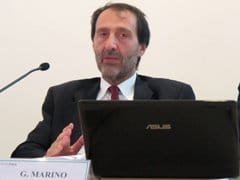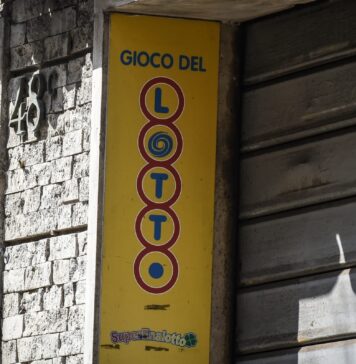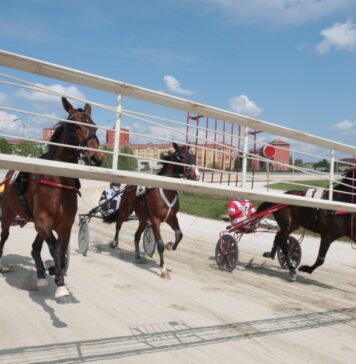
AS.TRO, on July 4 Tar Liguria evaluates the legitimacy of the municipal regulation of Genoa
Casale Monferrato. The questore suspends the license of a club deemed dangerous for public order and safety
(Jamma) – Guido Marino, MAG consultants associated director, contacted by the editorial staff of Jamma expresses an opinion on the "dogmas" currently internalized by public opinion in Italy with reference to the gaming sphere. MAG is a management consultancy company that was founded in 2004 from the spin-off of one of the major Italian consultancy firms and is known in the public gaming sector for having actively contributed to the current Italian public gaming system as a consultant for institutions industry benchmark.
The media influence public opinion and the activities of politicians. Is this also the case with the game?
That the media influence public opinion seems to me to be established; but it must also be said that the media tend to deal with issues that interest the public and gambling with cash winnings has overwhelmingly attracted the positive and negative attention of many people.
Do you think that in Italy there is a correct perception of the current situation of the game?
No, absolutely no. A small group of people, some with obvious economic interests, began about three years ago to spread uncontrolled and uncontrollable numbers on the phenomena and costs of gambling addiction. It is clearly a subject of interest to every journalist and investigations have begun based on incorrect and "estimated" data which have generated and fueled a climate of fear around the effects of the game. So now I open the newspaper and read that there are almost 2 million gambling addicts in Italy, or that the health service has costs of 1,8 billion euros a year for expenses related to gambling addiction. Then this data is quoted by some politician or high bureaucrat or minister and becomes "official" data. But what are the sources and what are the reliable investigations that produced them?
The consequences of this disinformation campaign…
Undeniably, a large, albeit minority, number of people believe that gaming itself is bad, and not the immoderate consumption of gaming products. These are people who very often feel it is their duty to act to block or limit the consumption of gaming products. They often do so with illiberal and irrational positions, of which the provision of the Balduzzi law, relating to the prohibition of installing gaming machines at a certain distance from "sensitive places", is the emblematic one. Why should the slot in the bar near the school be more dangerous for a minor than the one in the bar next door? No one is able to provide an answer to this question, but no journalist who has investigated the damages of gambling has ever asked the drafter of the law.
However, specious or not the arguments on its effective danger, a negative climate has now been created on the game.
It is undeniable. Strong groups of opinion push to limit consumption and local autonomies, municipalities and regions have started a regulatory activity (generally confused and contradictory) to restrict the marketing of gaming. I don't understand why the same fervor is not applied to the consumption of products whose harmfulness has been established for many decades with incontrovertible scientific studies.
But has anyone tried to re-establish a more correct view of the effects of the game?
Here this is a good topic, a case study of real interest. Logic would have it that both the Ministry of the Economy, which still a year ago collected about 9 billion euros per year from taxes on gaming, and the economic operators of the sector immediately replied with incontrovertible data and arguments to irrational and non-rational positions documented represented by, at the initial moment, essentially irrelevant pressure groups. Instead nothing. Occupied by other events, considered a priority, they have chosen the path of silence and now it doesn't seem to me that they are able to re-establish a more balanced representation of the effects of the game on the players in the short term.
So what scenario does it foresee?
A joint regulation of gaming between the central state and local autonomies now seems to me in practice and also logical. But it cannot be as confusing and contradictory as it is manifesting now. A sharing of local autonomies in gaming revenues does not currently exist but I believe it, for the medium term, as probable as it is logically correct and, therefore, desirable; I am not thinking of marginal revenue but measurable in billions of euros per year. The current social alarmism on the dangers of gambling will return to reasonable dimensions as serious and shared clinical and statistical analyzes are produced. At the same time, a new sensitivity towards customers will have to be established in gaming operators: extreme strictness on the prohibition of minors, maximum clarity on the economic contents of the game (actual winning percentages, explanation of game cycles, etc.), strict regulation of advertising and so on. In short, market relations aligned with the state of maturity reached by the sector.










